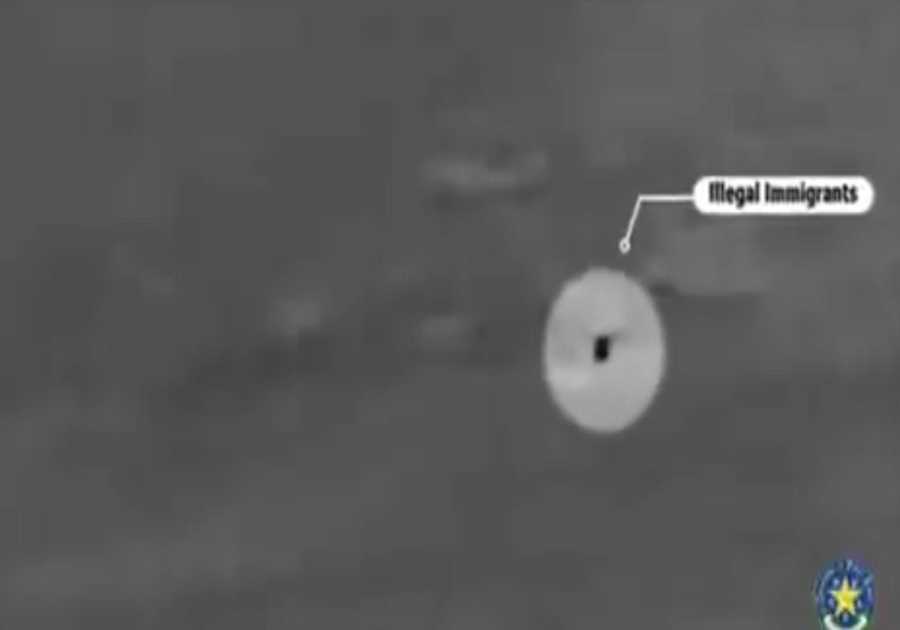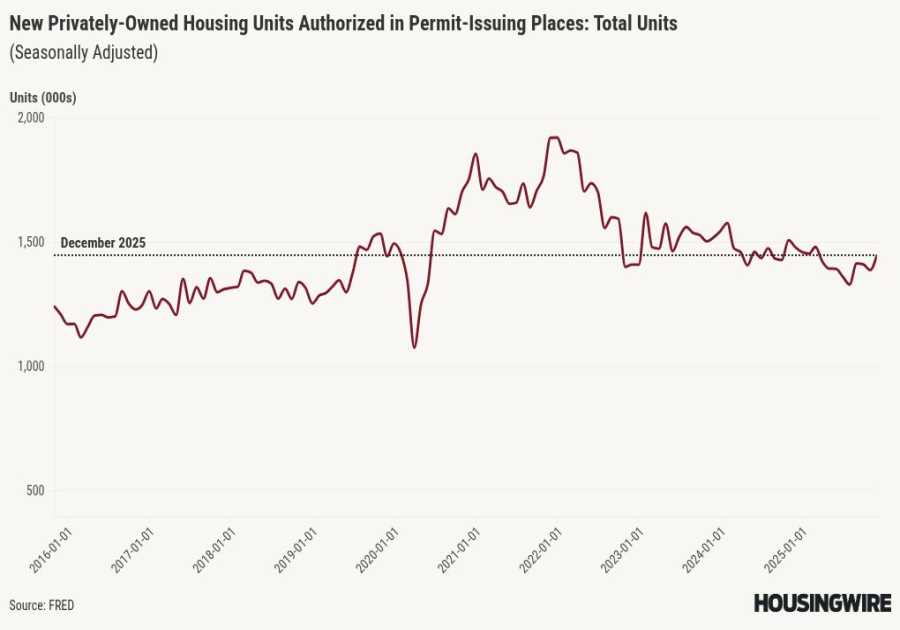Whether "all press is good press" becomes complicated for realtors when the listings are getting attention for being unusual.
Since 2020, Zillow Gone Wild has been the place to discover the zaniest homes on the market, from castle-themed mansions with moats and drawbridges to a repurposed grain silo or a former police station with a still-intact jail cell. Across its major social media platforms (Instagram, Facebook, X, TikTok), Zillow Gone Wild receives on average a million views per post, according to founder Samir Mezrahi. Random followers and real estate agents can submit "wild" listings through the account’s website; Mezrahi says he gets about 20 to 30 a day, which he then sorts through and considers for social media posts and the roundup-style Zillow Gone Wild newsletter. Though the homes’ eccentric features tend to run the gamut, there are some recurring through lines. (See: the account’s regular Mansion Mondays and Castle Fridays hashtags.)

The Saxophone House in Berkeley, California, is one of many eccentric listings to have been featured on Zillow Gone Wild.
Courtesy HGTV
It often seems like the more outlandish the home—or its price tag—the more viral the listing goes. Take the $20 million Arizona mansion with a dance studio, home theater, day spa, go-kart track, golf simulator, video gaming room, and more that appeared on Zillow Gone Wild earlier this year. The house racked up 24 million views. "People couldn’t get enough," says Mezrahi.
The interest in these types of homes has become so massive that HGTV made the account the basis of its newest real estate series, which premieres Friday. But the virality of Zillow Gone Wild listings has gotten the notice of more than TV producers. The sheer number of eyeballs a feature on the account can garner seems to be changing the way some agents are trying to sell homes, according to Mezrahi, who says he’s been sent an increasing number of listings that look as though they’ve been staged outlandishly just to catch his attention. "Marketing homes to go viral is a thing now," Mezrahi says. "It’s often clear from the staging that realtors are trying be picked up by my account, whether it’s a blow-up T.rex or something else in the home."
Some homes, of course, don’t need to rely on staging to stand out for their unusualness. Nick Leyendecker, founder and principal broker at Leyendecker Luxury Real Estate, recently had a listing in Plymouth, Minnesota, posted on Zillow Gone Wild as part of its "You Never Know What’s Going On Inside A Home" series. The $2.8 million house features a secret room behind a classic Coca Cola machine door, an upcycled Plymouth car turned workstation, and a number of other surprising interior features beyond its largely normal-seeming exterior. "Zillow Gone Wild was not the first source to publish about this property," says Leyendecker, "but since they did, we have seen a significant uptick in media inquiries and a significantly higher response rate for our media outreach efforts than we normally expect." The post went live only four days ago, but the property already has more than a million views across all the real estate agency’s social media accounts. "Media inquiries for publishing articles about the property continue to flow in, so I guess you can say it has gone viral," adds Leyendecker.

The interior of the Whale House in Santa Barbara, California, which also appeared on Zillow Gone Wild.
Courtesy HGTV
Going viral is all well and good, but does all this exposure increase a home’s salability? "In general, publicity neither increases nor decreases the marketability of a property," says Leyendecker. "It merely increases the exposure of the property." More exposure doesn’t necessarily boost sales or a home’s chances of selling above asking price. Plus, as some real estate agents have remarked, all the attention can be grating on subsequent buyers who, after purchasing the home, no longer want the attention. However, for eccentric—which often translates to harder-to-sell—houses, more eyeballs on a listing can help get the word out. "When you’re selling a unique home, going viral allows you to cast a much wider net," says Zillow home trends expert Amanda Pendleton. (Zillow and Zillow Gone Wild have no affiliation, but Pendleton says Zillow understands the appeal of the social media account.) "The right buyer is out there, but they may not live in your town or even your state," she adds.
This was the case with a 1940s bungalow in St. Cloud, Minnesota, with a quaint cottage exterior concealing a Barbie pink interior aesthetic. "It was a very unique home for a specific buyer, and we were prepared for a little bit of time on the market," says Dolly Langer, realtor at Edina Realty, who had the listing in 2022. The eventual buyer came from out of state after landing on Zillow Gone Wild, which Langer thinks made a difference. "I believe they initially saw it on Zillow Gone Wild," she says, "but the home also attracted a lot of attention from news outlets, so it’s hard to attribute it to just one thing." Luckily, the seller was pleased with all the attention from local and national media outlets. "He truly enjoyed having so many people talking about his home, which he had worked so hard to make his own," Langer adds.
For his part, Mezrahi believes the listings featured on Zillow Gone Wild are impacted in a positive way. "It brings much more reach and attention to a listing," he says. "ZGW has definitely helped sell homes." Mezrahi notes that he always reaches out to real estate agents for permission before sharing a listing. "It’s almost always a yes, and if it’s a no I don’t show it," he says. "I think the nos often come because a home has a notable owner and they don’t want more attention." The agent with the viral Arizona mansion, however, was so excited about landing on Zillow Gone Wild that he asked Mezrahi to come out and see the property, which he ended up doing.
As long as people like to see inside other people’s houses (whether with envy, for inspiration, or driven by something more like schadenfreude), the allure of Zillow Gone Wild will probably keep growing. "Interest has definitely increased year over year, as you can see with the rise of so many real estate-based influencers and accounts," says Mezrahi. The new nine-episode HGTV series focuses on the backstories of prior Zillow Gone Wild listings and other unusual homes on the market, and meets the people who bought or are trying to sell them. Who knows how their experiences will impact the numbers of interested Zillow Gone Wild home buyers.
Top photo of The Whale House courtesy HGTV
Related Reading:
Inside the Unassuming Texas Home That Just Happens to Have a Natural Cavern in the Backyard
What It’s Like to Buy a Fixer-Upper via "Cheap Old Houses"
Read More
By: Michelle Mastro
Title: Does Going Viral on Zillow Gone Wild Help or Hurt a Home Sale?
Sourced From: www.dwell.com/article/does-going-viral-on-zillow-gone-wild-help-or-hurt-a-home-sale-cefa5f50
Published Date: Fri, 03 May 2024 16:57:02 GMT
Did you miss our previous article...
https://trendinginbusiness.business/real-estate/budget-breakdown-a-336k-cottage-renovation-gives-an-oregon-widow-a-fresh-start
.png)





